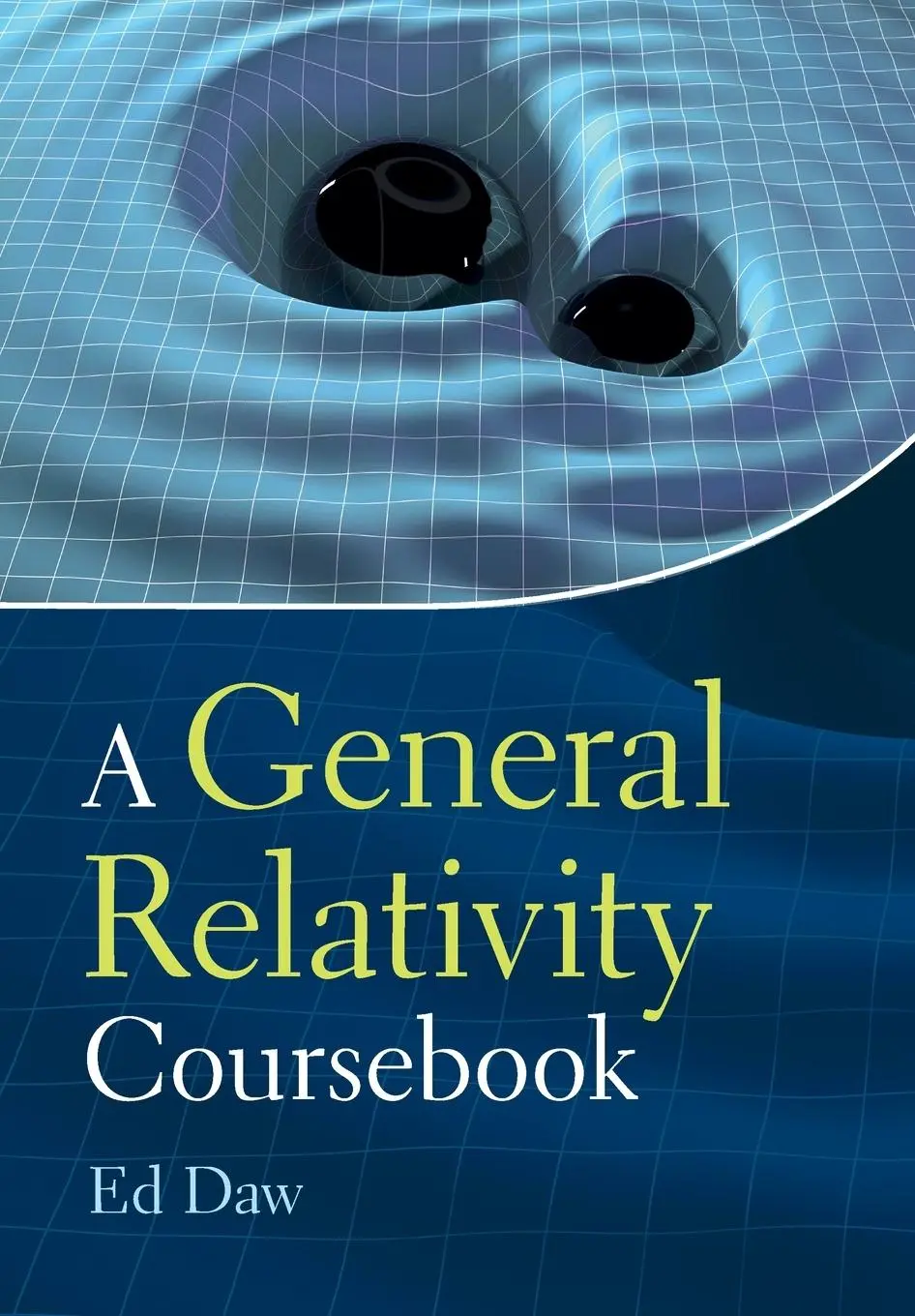Dekorationsartikel gehören nicht zum Leistungsumfang.
Sprache:
Englisch
57,95 €
Versandkostenfrei per Post / DHL
auf Lager, Lieferzeit 1-2 Werktage
Kategorien:
Beschreibung
This new graduate textbook adopts a pedagogical approach to contemporary cosmology that enables readers to build an intuitive understanding of theory and data, and of how they interact, which is where the greatest advances in the field are currently being made. Using analogies, intuitive explanations of complex topics, worked examples and computational problems, the book begins with the physics of the early universe, and goes on to cover key concepts such as inflation, dark matter and dark energy, large¿scale structure, and cosmic microwave background. Computational and data analysis techniques, and statistics, are integrated throughout the text, particularly in the chapters on late-universe cosmology, while another chapter is entirely devoted to the basics of statistical methods. A solutions manual for end-of-chapter problems is available to instructors, and suggested syllabi, based on different course lengths and emphasis, can be found in the Preface. Online computer code and datasets enhance the student learning experience.
This new graduate textbook adopts a pedagogical approach to contemporary cosmology that enables readers to build an intuitive understanding of theory and data, and of how they interact, which is where the greatest advances in the field are currently being made. Using analogies, intuitive explanations of complex topics, worked examples and computational problems, the book begins with the physics of the early universe, and goes on to cover key concepts such as inflation, dark matter and dark energy, large¿scale structure, and cosmic microwave background. Computational and data analysis techniques, and statistics, are integrated throughout the text, particularly in the chapters on late-universe cosmology, while another chapter is entirely devoted to the basics of statistical methods. A solutions manual for end-of-chapter problems is available to instructors, and suggested syllabi, based on different course lengths and emphasis, can be found in the Preface. Online computer code and datasets enhance the student learning experience.
Über den Autor
Dragan Huterer is a professor of physics at the University of Michigan, where he studies cosmology at the interface of theory and data. He is a leading expert in developing data-driven techniques to understand the nature and origin of 'dark energy,' a component that dominates the dynamics of the universe and causes its accelerated expansion. A fellow of the American Physical Society, he is also a recipient of the University of Michigan's Henry Russel Award and the Humboldt Foundation's Friedrich Wilhelm Bessel Award.
Inhaltsverzeichnis
Preface; Acknowledgments; Part I. Foundations: 1. Introduction to cosmology; 2. The Hubble law and geometry of space; 3. Contents of the universe; Part II. The Early Universe: 4. Early-universe thermodynamics; 5. Neutrinos in cosmology; 6. The Boltzmann equation and baryogenesis; 7. Big Bang nucleosynthesis; 8. Inflation; Part III. The Later Universe: 9. Large-scale structure in the universe; 10. Statistical methods in cosmology and astrophysics; 11. Dark matter; 12. Dark energy; 13. Cosmic microwave background; 14. Gravitation lensing; Appendices; References; Index.
Details
| Erscheinungsjahr: | 2023 |
|---|---|
| Fachbereich: | Astronomie |
| Genre: | Importe, Physik |
| Rubrik: | Naturwissenschaften & Technik |
| Medium: | Buch |
| Inhalt: | Gebunden |
| ISBN-13: | 9781316513590 |
| ISBN-10: | 1316513599 |
| Sprache: | Englisch |
| Einband: | Gebunden |
| Autor: | Huterer, Dragan |
| Hersteller: | Cambridge University Pr. |
| Verantwortliche Person für die EU: | Libri GmbH, Europaallee 1, D-36244 Bad Hersfeld, gpsr@libri.de |
| Abbildungen: | Worked examples or Exercises |
| Maße: | 260 x 208 x 29 mm |
| Von/Mit: | Dragan Huterer |
| Erscheinungsdatum: | 09.03.2023 |
| Gewicht: | 1,18 kg |












